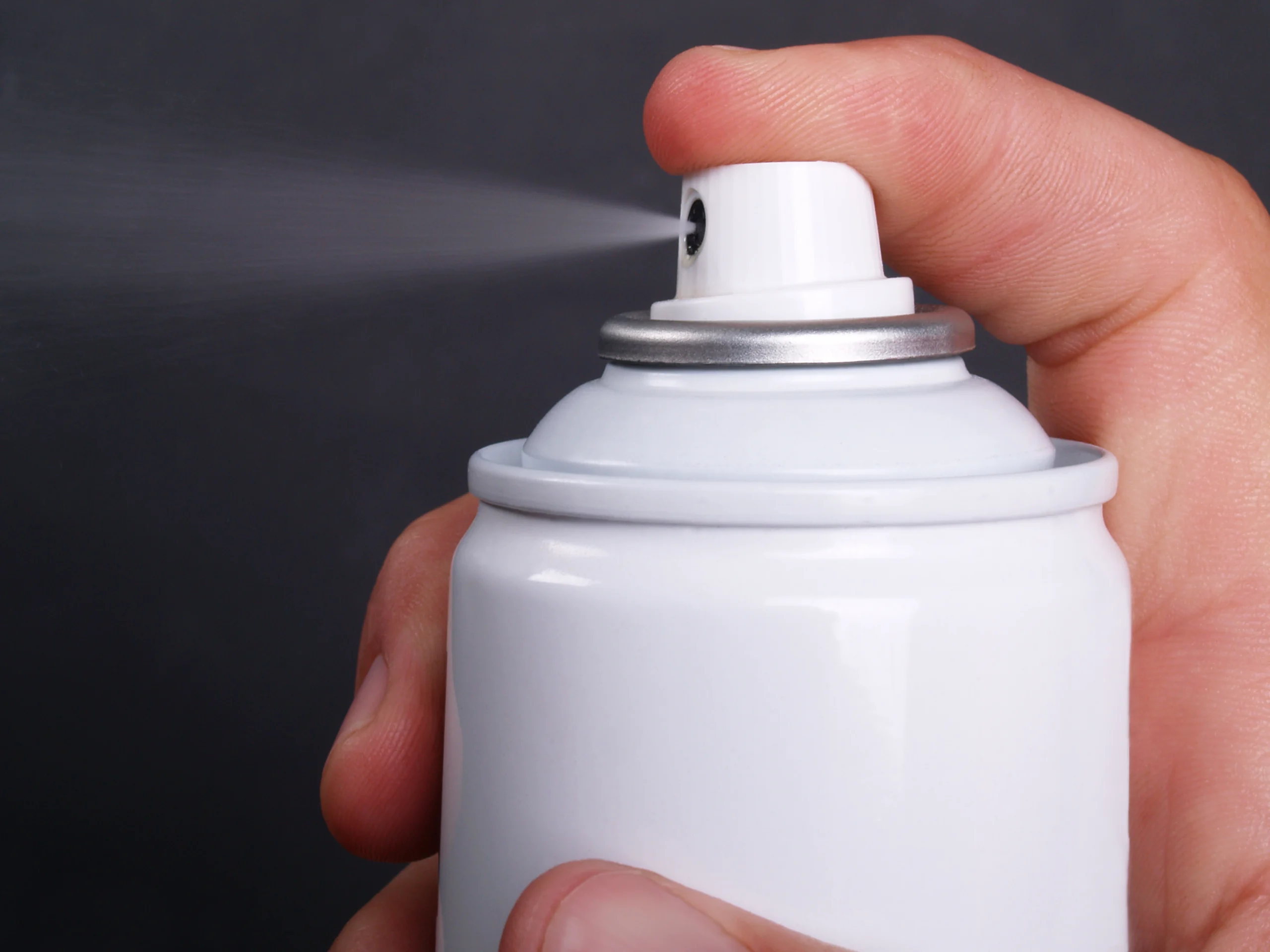What is Fentanyl Used For, and Why Do People Abuse It?

Have you ever taken a pain reliever, felt little relief, and decided to take another dose? This happens often with prescription medications—yet with fentanyl, a drug dozens of times stronger than morphine, taking “just one more” can be deadly.
Despite its value as a powerful painkiller, fentanyl is far too potent to use frequently or in high doses without serious consequences. Repeated use—even when prescribed—can quickly lead to dependence or addiction. Here’s what parents, patients, and community members need to know about fentanyl and why its misuse remains a critical public-health crisis.
What Is Fentanyl Used For?
Fentanyl is a synthetic opioid designed for severe pain management, such as post-surgical recovery, advanced cancer pain, or breakthrough pain in chronic conditions. Because of its potency, pharmaceutical fentanyl is available only by prescription and under close medical supervision.
Unfortunately, fentanyl has also become one of the most common—and dangerous—illicit drugs. Counterfeit pills and powders containing fentanyl now flood the drug supply, often without the buyer’s knowledge.
Why People Abuse Fentanyl
The drug’s fast-acting, highly potent effects are the primary driver of misuse. Fentanyl is estimated to be about 50 times stronger than heroin and 100 times stronger than morphine, producing an intense but short-lived high.
Addiction can develop quickly—sometimes after just a few uses—before obvious warning signs appear. To maintain the same effect, users often increase their dose, which dramatically raises the risk of overdose.
Updated Risks and Consequences (2025)
Consistent fentanyl use can lead to a wide range of severe health problems:
- Nausea, vomiting, and extreme sedation
- Respiratory depression or complete respiratory failure
- Low blood pressure and slowed heart rate
- Physical dependence and painful withdrawal
- Rapidly increasing tolerance, driving higher consumption
- Overdose, cardiac arrest, and death
The U.S. Centers for Disease Control and Prevention (CDC) reported that in 2024 more than 74,000 Americans died from synthetic-opioid overdoses, primarily involving fentanyl—and preliminary 2025 data show that trend continuing upward. Today, fentanyl is linked to over 70% of all opioid overdose deaths in the United States. Even a tiny amount—about two milligrams, roughly the weight of a few grains of salt—can be fatal.
How Addictive Is Fentanyl?
Fentanyl is one of the most addictive substances known. Patients prescribed the drug for severe pain face a high risk of both physical dependence and emotional reliance, especially when living with chronic or end-stage conditions.
Illicit fentanyl has made the crisis even deadlier. Street versions are frequently mixed into heroin, cocaine, methamphetamine, and counterfeit pills, often without the user’s knowledge. In 2025, public-health agencies continue to warn that nearly every illegally sold opioid pill in the U.S. now carries a significant chance of containing fentanyl.
Getting Help at High Focus Centers PA
At High Focus Centers Pennsylvania—formerly known as The Light Program and Rehab After Work—we understand the unique challenges of fentanyl addiction. Not everyone can enroll in a months-long inpatient program, so we offer a range of flexible treatment options to meet you where you are:
- Outpatient rehabilitation
- Intensive outpatient programs (IOP)
- Partial hospitalization programs (PHP)
Our evidence-based care allows you to stay connected to family and community support while getting the professional treatment you need. If you’re unsure which program fits your situation, our intake team can guide you toward the right level of care.
Take the First Step
Fentanyl addiction can happen quickly, but recovery is possible with the right support. Contact High Focus Centers PA today to speak with a qualified professional and begin a treatment plan designed around your life and your goals.
Disclaimer: This article is for informational purposes only and should not replace professional medical advice. If you suspect a fentanyl or opioid emergency, call 911 or your local emergency number immediately.








